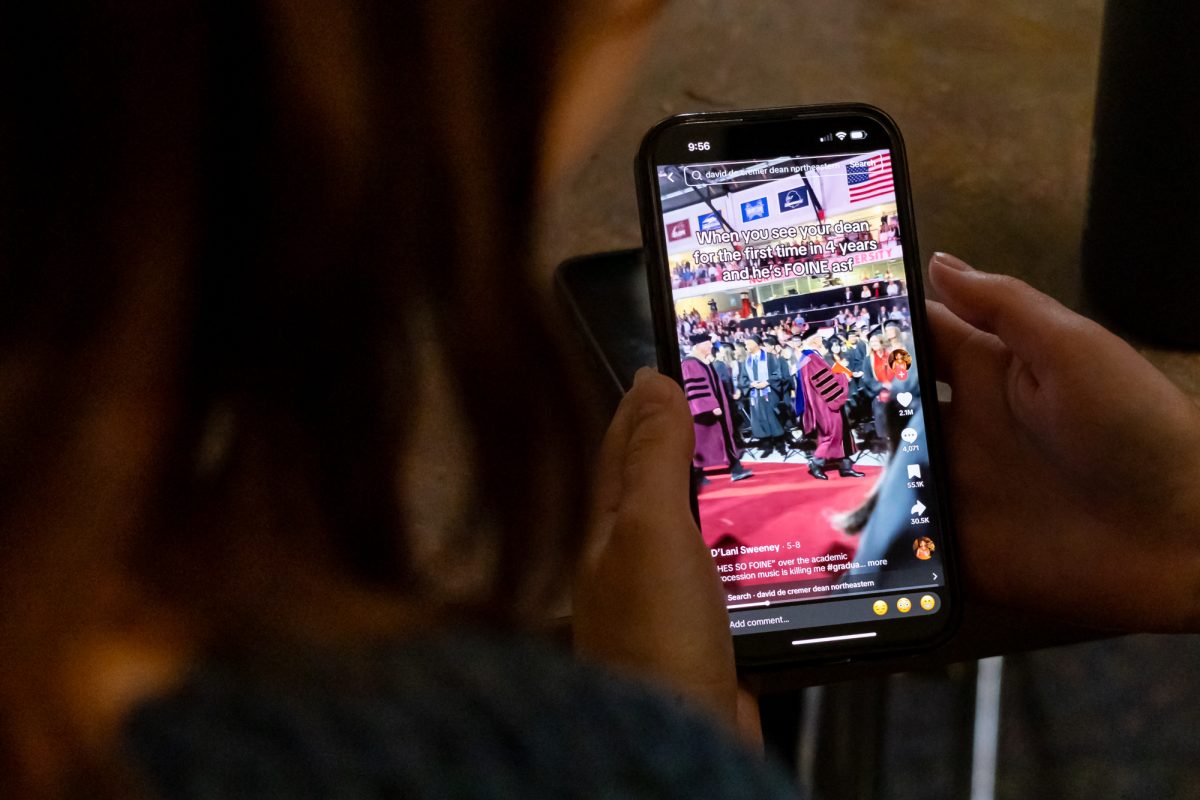 Product placement and advertising are designed to spread the word about products and services available to the public and to start discussions.
Product placement and advertising are designed to spread the word about products and services available to the public and to start discussions.
Plenty of people watch the Super Bowl every February strictly for the commercials that air during the classic pig-skin showdown, but what about 30 second bits of air space that aren’t millions of dollars each? Can “regular” commercials get a similar buzz? Or, will that happen only if they ruffle some feathers?
Take into consideration my Monday morning:
My roommates and I watch a bit more ESPN than your average female apartment. And while baseball season may have ended entirely on the East Coast, the Midwest is knee deep in October ball, so highlights and top plays are still on our must-watch list.
Those of you familiar with the morning round of SportsCenter know it loops through the same lineup over and over again until something of more importance replaces it mid-afternoon.
On Monday, I sat on my couch with ESPN on in the background as I finished up my Husky Hockey story for today’s sports section. Once I’d seen all the highlights I wanted, I tuned out until a voice from the TV uttered the words, “it’s not for women,” in the classic SportsCenter tease voice.
The TiVo gods allowed me to rewind and replay it as I assumed I had heard wrong. I hadn’t.
My roommate, Emily, shouted from her bedroom, “Did they just say it’s not for women?” We re-watched and listened together. They had. And had spelled it out on the screen.
It was the announcer placing that morning’s sponsorship of Top 10 Plays, in sticking with the usual formula of product name and tagline voice over a still image provided to the network.
So, what wasn’t for women? Well, Dr. Pepper’s new low calorie beverage, Dr. Pepper Ten, of course.
We didn’t get it. We were slightly offended. At the time, we hadn’t seen the full commercial. The SportsCenter voice didn’t explain the low calorie part or that it was a new product.
Roughly a minute or two later, ESPN broke for a commercial break and, fittingly, the first 30 seconds went to the new Dr. Pepper Ten ad.
The ad is full of guys doing manly things while informing us that Dr. Pepper Ten is their drink, saying, “You can keep the romantic comedies and lady drinks. We’re good.”
We still didn’t get it. And were still kind of offended. Dr. Pepper didn’t want us drinking their latest creation? Doesn’t that defeat the purpose of releasing a new product?
I went to Google, entered “Dr. Pepper ad campaign” and quickly found an AP piece posted that morning. This new beverage’s ad campaign had already made waters ripple in places other than my West Village apartment.
Turns out that Dr. Pepper has gone as far as creating a Facebook page that recognizes gender and is only viewable to those listed as male.
Now I get it. Dr. Pepper believes men don’t drink diet soda, but they want to give male consumers a low calorie option. Only problem, is that my dad loves Diet Coke, as do many other members of the male species.
When did soda become gender-fied? Or is this Dr. Pepper’s sole intent behind a carbonated beverage with 10 calories and two grams of sugar versus none of either?
The AP article talked to Dr. Pepper’s Jim Trebilcock, executive vice president of marketing, about this campaign. They reported that Trebilcock believed that women would get the campaign and wouldn’t be offended.
Emily and I are key examples that it failed. Tweets and blogs since Monday morning have sided with us and have also taken offense. Some even compared it to Got Milk’s failed campaign this summer, EverythingIDoIsWrong.org, that connected drinking milk to reduced symptoms of PMS, claiming both were sexist campaigns.
The article closed with a kicker: “Women get the joke,” [Trebilcock] said. “‘Is this really for men or really for women?’ is a way to start the conversation that can spread and get people engaged in the product.”
I rarely drink soda. When I do, it’s from a craving for a Coke or a beverage to ward off a caffeine withdrawal headache that most college students get. The next time I pick a sweet, carbonated beverage, I’d rather skip the debate if it’s politically correct for me to consume it. Debates over what to drink should be reserved for 5-year-olds pleading with their mothers for chocolate milk.
– Sarah Moomaw can be reached at inside@huntnewsnu.com.








